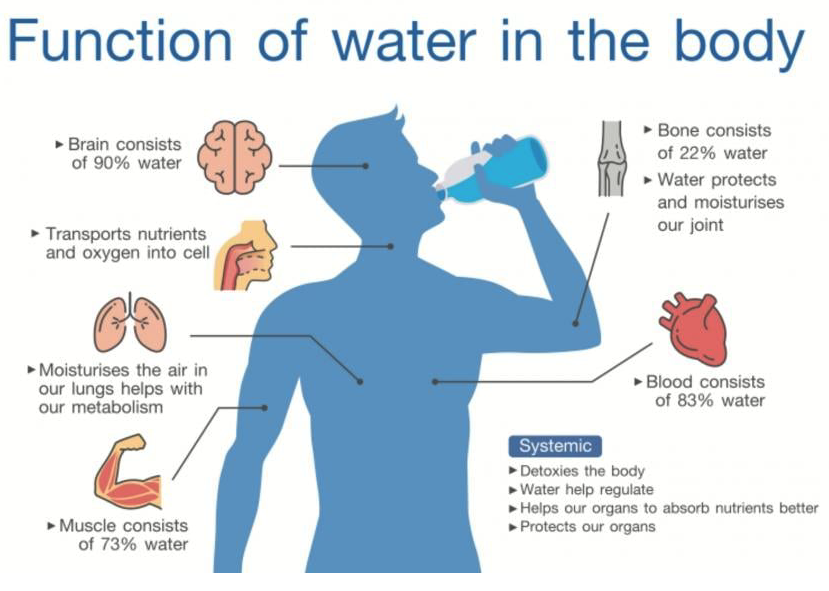The most famous reason people don’t like drinking water, according to Quora, is because it has no flavor, therefore it’s boring to most people. Let’s pretend that our body isn’t 75% made up of water, and give you the alternatives to drinking water.
Is drinking water important?
Yes. It is essential for maintaining bodily functions, preventing dehydration, supporting digestion, and overall health. But while water is essential for staying hydrated and maintaining bodily functions, there are some people who do not like drinking water.
Why don’t some people like the taste of water?
Basically, it comes down to your individual taste buds and personal taste preferences. Almost every natural source of water tastes differently, and depending on how it’s processed, its flavor can change even more.
“Every water has a TDS, or total dissolved solids, level, and the more solids” — think metals, minerals and salts — “that are dissolved in water, the stronger the taste of the water. Your personal preferences trigger your taste preferences. Everyone is individual and some people can taste more stuff than others.”
If you’re sensitive to the taste of certain minerals, this might be why you liked — or didn’t like — the water you’ve tried. It’s also important to note that certain medications or treatments can also affect your ability to taste. – Yahoo!

Alternatives to drinking water
it’s important to note that these alternatives might not fully replace the benefits of water, and it’s generally recommended to drink water regularly. Here are some alternatives to drinking water you can consider:
- Herbal Teas: Herbal teas like chamomile, peppermint, or hibiscus can provide hydration while also offering various flavors and potential health benefits.
- Coconut Water: Coconut water is rich in electrolytes, making it a good option for rehydration. It’s a natural source of potassium and magnesium.
- Fruit Infused Water: Adding slices of fruits like citrus (lemon, lime, orange), berries, cucumber, or mint to your water can add flavor without added sugars.
- Fruit Juices: While fruit juices can be hydrating, they often contain a significant amount of sugar and lack the fiber present in whole fruits. Diluting juices with water can help reduce sugar intake.
- Electrolyte Drinks: These drinks contain electrolytes like sodium, potassium, and magnesium, which can help replenish minerals lost during sweating. Be cautious of added sugars and opt for low-sugar or sugar-free options.
- Milk and Dairy Alternatives: Milk and fortified dairy alternatives like almond, soy, or oat milk can provide hydration along with additional nutrients like calcium and vitamin D.
- Clear Soups: Broth-based soups, such as chicken or vegetable broth, can provide hydration and a source of minerals.
- Water-Rich Fruits and Vegetables: Consuming water-rich foods like watermelon, cucumber, oranges, and lettuce can contribute to your hydration needs.
- Smoothies: Blending fruits and vegetables with water, milk, or yogurt can create a hydrating and nutritious drink. Be mindful of the ingredients you add to avoid excess sugar.
- Infused Water with Electrolytes: You can make your own electrolyte-infused water by adding a pinch of salt and a squeeze of citrus juice to water.
- Sparkling Water: Carbonated or sparkling water can be a refreshing alternative to still water, but be cautious with flavored varieties that may contain added sugars or artificial sweeteners.
Whether you like the taste of water or not, one fact remains: water is essential for life and good health. So stay hydrated. Your body will thank you for it.
Wilmington 1st Walk-In.
